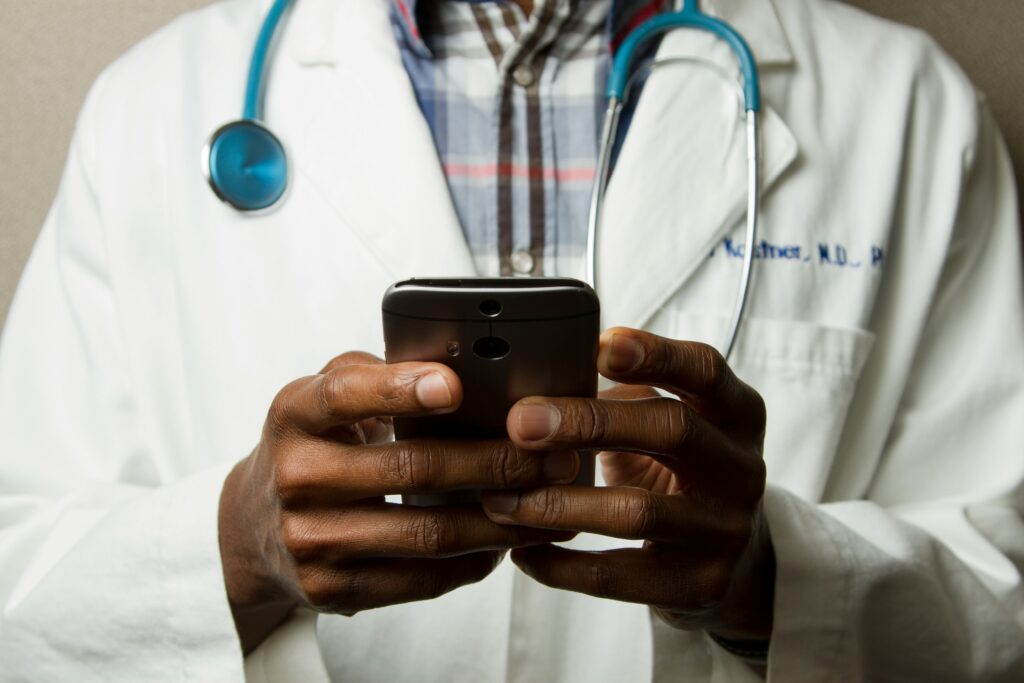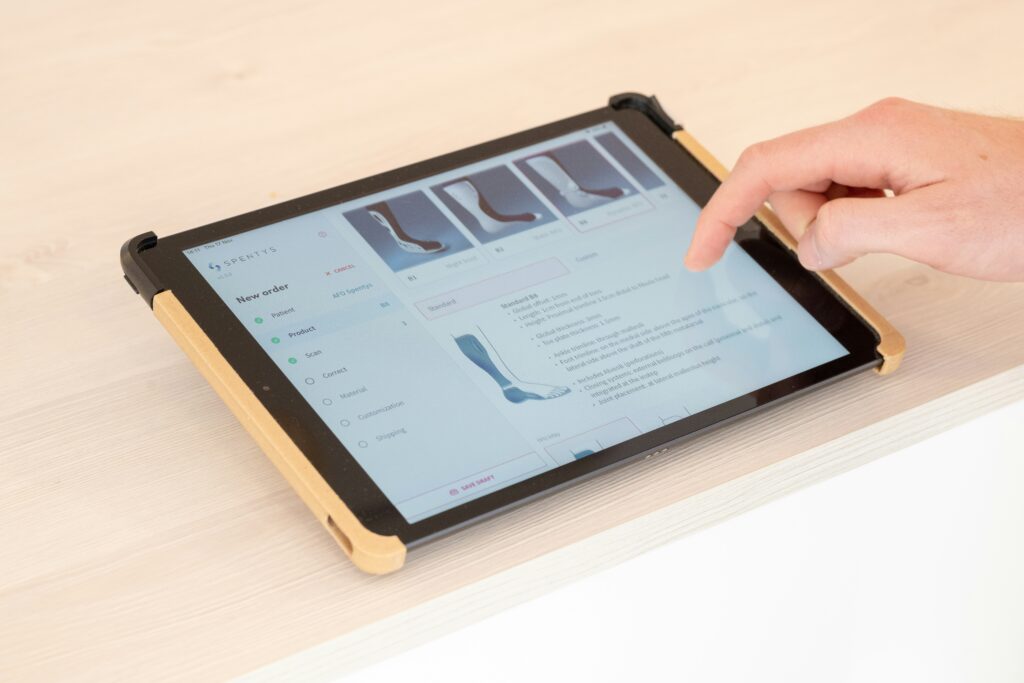
While we lash out at Gen Z, considering the generation is doomed. We have to accept the fact that they are the ones actually changing healthcare through a better lifestyle. They have seen epidemics and didn’t decide to just sit and wait for another. But they are doing better by taking more control of their health into their own hands.
Gen Z, born between 1997 and 2012, accounts for around 20% of the US and 25% of the world population, but only 3.3% of overall healthcare spending. This is due in part to their youthful age and better health than the average person. However, they are also not receiving the types of healthcare services that they need, require, and would seek out if available.
Want to know how Gen Z approaches healthcare and wellness? Let’s understand them and then talk about what is changing now.
How Gen Z is changing Healthcare?

In the United States, 56% of Gen Z consumers consider fitness a “very high priority,” compared to 40% of all US consumers. Gen Z wants health apps that feel like social media—easy to use, always there, and made just for them. They care more about staying well than just treating problems. Here are some perspectives.
- Interdependence
Generation Z lives in an interdependent environment where everything is linked to health. They’ve seamlessly blended their daily rituals into their lifeIt all helps them to live more proactively.
In kindergarten, they learn how to meditate, and their attention to their mental wellness does not wane. Health check-ups are no longer an hour-long appointment with a general practitioner at a doctor’s office. They remain in touch, from their screens with a new doctor, to the mental space they choose to occupy at that instant.
- Social Media is their Key to Health Tips
According to the WeForum, 42% of Gen Z respondents claimed they use social media to obtain medical information, compared to 20% of non-Gen Z respondents. This convenience brings increased accessibility. Anyone with restricted time, mobility, or income may benefit from improved access to health-related information. Some people see social networking as a cheaper alternative to traditional health care and insurance.
Relatability is another important reason why social media looks to be replacing medical experts. When younger influencers or other people discuss health-related issues or tips, it can build trust among internet users of similar ages.
- They don’t believe anything on face value
Gen Z is one of the generations that demand authenticity, digital solutions, and a holistic approach to well-being. They do not just believe or trust any company, but turn to their peers, professors professionals for expert advice. If there is the slightest hint that your brand is not offering authenticity, they will not think twice before shifting to another brand for better healthcare.
In this case, some tools and not social media come very handy. They have their ways, like reaching out to an expert directly, even if they have to do it through DMs.
Digital health care, Gen Z style
Is Gen Z Changing the Way We Do Healthcare?
Yes, and quickly.
Similar to the rest of their lives, Gen Z expects healthcare to be simple and digital. They prefer apps, instant access, and individualized care over lengthy wait times and paper forms. It benefits everyone by saving time, you don’t need to fill it in by hand, everything is digital.
They have been looking for the following:
- Health apps to monitor stress and anxiety, track sleep, work on diet, and exercise.
- Smartwatches and other wearables are used to track health in real time.
- Telehealth: Why sit in a waiting room when you can talk to your doctor from home? Virtual care has become a go-to, especially for mental health..
- From accessing health records to messaging doctors, Gen Z expects apps and websites to be quick, easy, and mobile-optimized.
Gen Z wants healthcare that is easy to use, smart, and accessible via smartphones. Furthermore, the system is rapidly catching up with the new generation.
Can Social Media Actually Help Gen Z Stay Healthy?

For Gen Z, health advice often comes from TikTok, Instagram, or YouTube, not just doctors.
They trust influencers, real reviews, and community posts more than ads. But is that always a good thing?
Social media makes health info feel more real and relatable. It’s easier to hear about mental wellness or try a new fitness trend when it’s coming from someone you follow. But not everything online is accurate, and that can be risky.
The key? Mix real talk with real facts. When healthcare providers team up with trusted influencers and share reliable tips in Gen Z’s favorite formats, social media becomes a tool for better, safer health decisions.
Conclusion
People often don’t understand Gen Z, but when it comes to healthcare and wellness, they’re not just doing things differently; they’re setting a whole new standard.
They want care that’s easy to access, inclusive for everyone, focused on the whole person, and fits into their digital lives.
And honestly? The rest of us could pick up a few good habits from them.
Gen Z takes care of their skin and even uses blue light protection to shield themselves from screen damage.
They teach us an important lesson: you don’t always have to be perfect for others, but for your own good.
What really matters is taking care of yourself and putting your health first. They believe in making things easier for themselves and living in a way that feels right for them.


